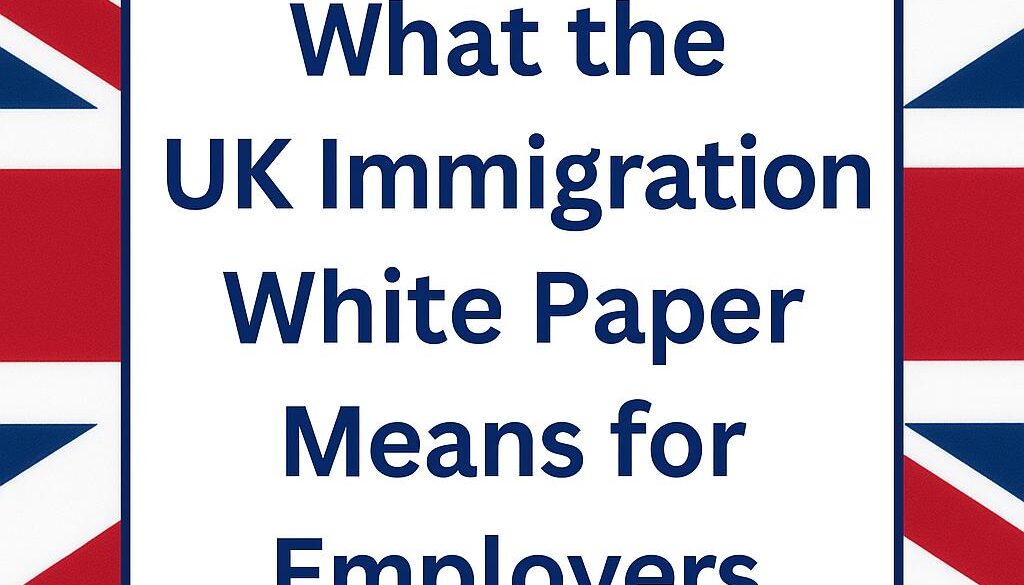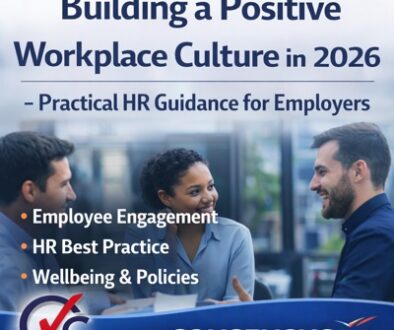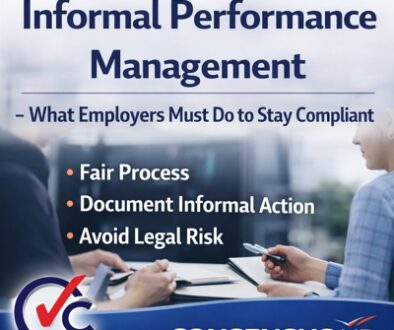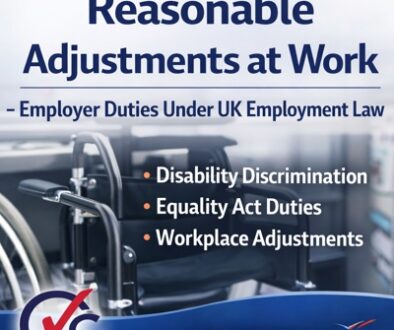What the UK Immigration White Paper Means for Employers | Consensus HR in Herts & Beds
What the UK Immigration White Paper Means for Employers | Consensus HR
Written by Matthew Chilcott – Owner, Consensus HR
The UK Government’s Immigration White Paper outlines its vision for a future immigration system that aligns with the country’s post-Brexit economic strategy. For employers in the UK, this policy shift brings important changes that directly impact recruitment, sponsorship, right-to-work checks, and long-term workforce planning.
At Consensus HR, we help businesses of all sizes stay compliant and informed about legislative changes that affect their teams. Here’s what you need to know as an employer.
Key Points from the Immigration White Paper
1. Focus on Skilled Workers
The White Paper reinforces a points-based immigration system, prioritising skilled workers. Roles in health, engineering, construction, and IT continue to be in demand, while lower-skilled jobs receive less emphasis.
Employer takeaway: Review your workforce needs and determine whether the roles you are hiring for meet the skill criteria for visa sponsorship.
2. Salary Thresholds
A minimum salary threshold remains a requirement. The current general salary threshold is £38,700 per annum is based upon the median pay for resident workers in eligible occupation codes but there are exceptions for shortage occupations and new entrants.
HR advice: Ensure job roles and advertised salaries meet the Home Office’s required thresholds before beginning international recruitment.
3. Sponsorship Licences
Employers must hold a sponsorship licence to employ skilled overseas workers. This involves strict compliance with record-keeping, reporting, and right-to-work requirements.
Action: If you don’t already hold a licence, consider applying now to prepare for future needs.
4. Right-to-Work Checks
The paper reaffirms the importance of robust right-to-work checks. Employers who fail to follow correct procedures risk fines and reputational damage.
Tip from Consensus HR: Use the Home Office online checking system where applicable and maintain up-to-date records of checks to remain compliant.
5. Student and Graduate Visas
Graduates from UK universities can stay and work for two years post-study (or three years for PhD graduates). This route offers employers an additional talent pipeline.
Consider: Tapping into the graduate visa pool for recruitment, particularly in hard-to-fill roles.
Matthew Chilcott, FCIPD, Owner of Consensus HR, comments:
“The Immigration White Paper marks a strategic shift towards a skills-driven economy. Employers must adapt by planning their workforce needs early, ensuring full HR compliance with Home Office regulations, and rethinking talent strategies. At Consensus HR, we support businesses by ensuring they meet all immigration and employment law obligations with confidence.”
HR Recommendations for Employers
-
✅ Audit your workforce to identify roles that may require visa sponsorship
-
✅ Update your recruitment strategy to include compliance with immigration requirements
-
✅ Train HR teams and managers on right-to-work legislation and immigration policy updates
-
✅ Work with an HR consultancy like Consensus HR to stay compliant, avoid penalties, and ensure smooth onboarding of international talent
Let’s Talk About Your HR & Recruitment Strategy
If you’re unsure how the Immigration White Paper affects your business or need help applying for a sponsorship licence or conducting right-to-work checks, we’re here to help.
👉 Contact Us
👉 Book a Free Consultation
👉 Explore Our HR Services
Follow Consensus HR on Social Media:
🔗 LinkedIn
🔗 Facebook
🔗 X (Twitter)
🔗 Instagram
🔗 Google Business
Consensus HR – Helping you prevent people problems.
To view more about our range of HR & Employment Law Services
Are you concerned about keeping your business up to date with Employment Law changes?
Your Outsourced Human Resources (HR) Department.
For further information on any of the HR subjects we provide, please click the heading below:





